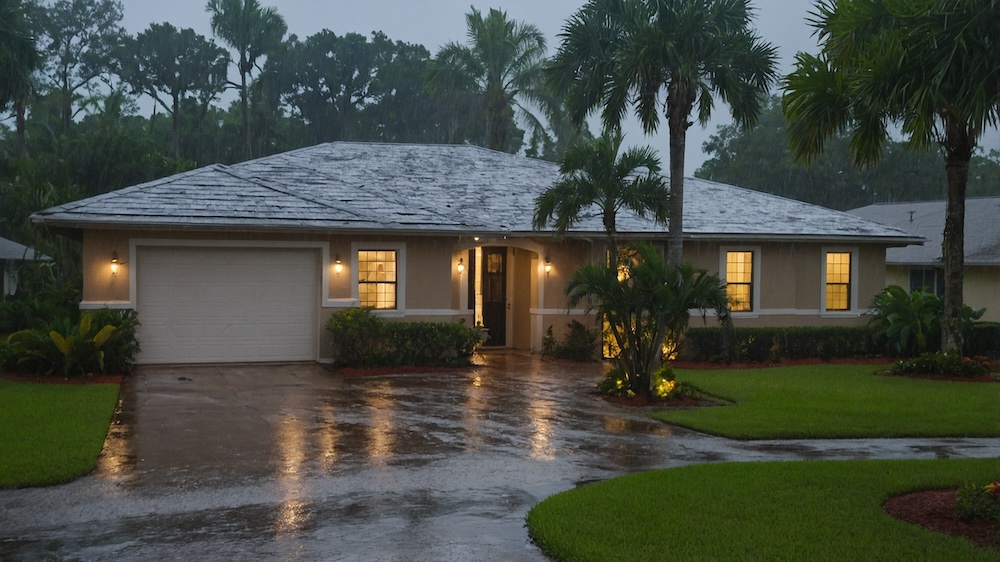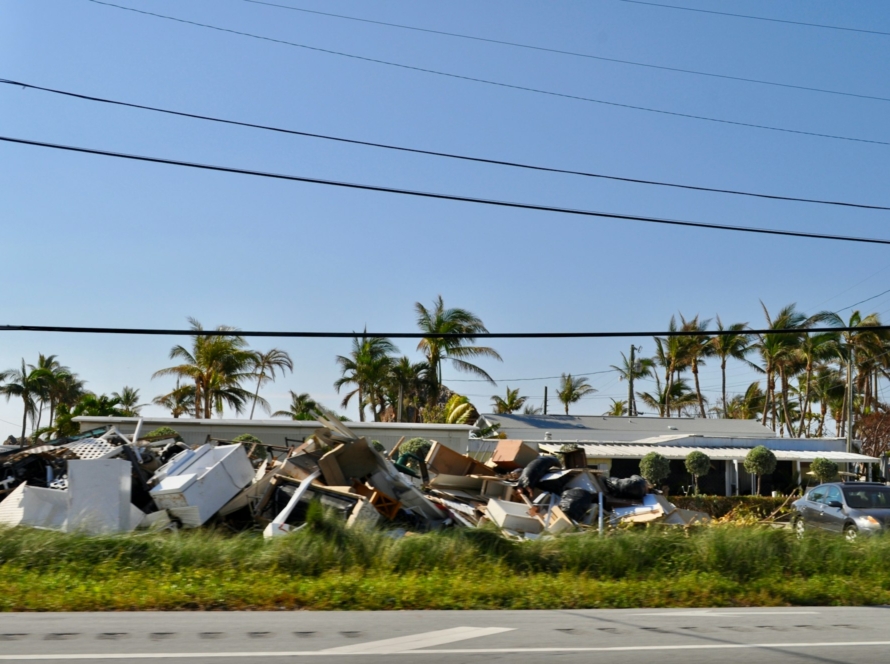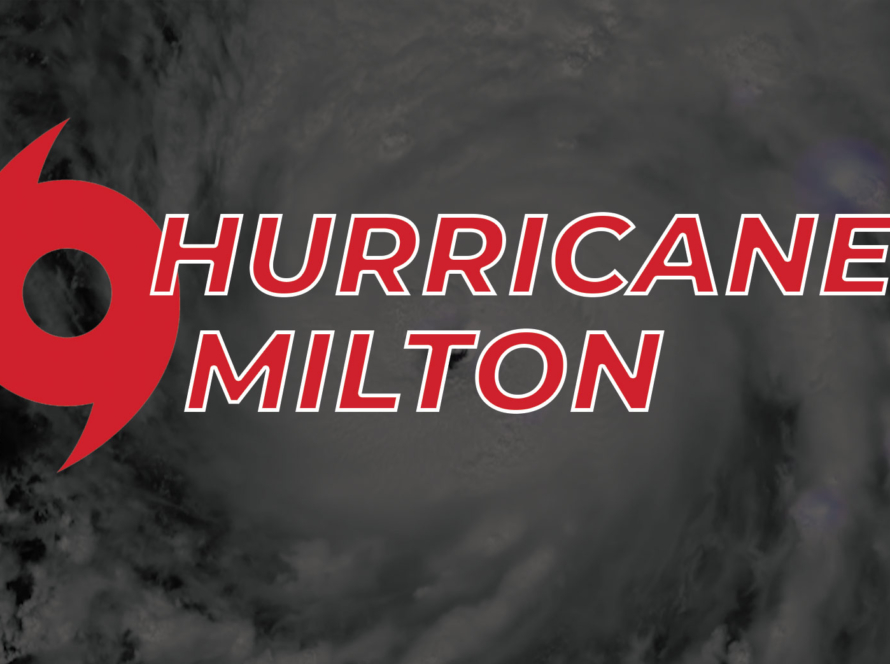Windstorms, hurricanes, and hail damage are the three most common types of property damage reported in property owner claims.

What Impact Does the Type Of Claim Filed Have On The Insurance Claim Process And The Likely Outcome?
One thing that will be different depending on the cause of loss is the deductible that is applied. So, for instance, if it’s a hurricane, typically, the hurricane deductible is higher than all other perils deductible. On the other hand, if it’s just a windstorm, hail event, or a mini-tornado, all the perils deductible would apply. That will mean less money that you have to pay out of pocket.
How Long After The Damage Occurs Does A Property Owner Have To File An Insurance Claim And What Are The Dangers In Waiting Too Long?
The sooner, the better is always the rule in filing a claim after the damage has occurred. The claims where the property owner reported the loss as soon as they noticed it are typically the best. Now, many times, the damage might be on the roof of a house or inside the walls, somewhere a homeowner is not going to be able to see easily, or somewhere they might not look every day. In those situations, it’s not uncommon for us to have claims where a loss was reported six months later or even more. That does give the insurance company some facts to go on to try to have the claim denied. Most of these policies do have reporting provisions, and essentially it’s a reasonability standard. Did the homeowner do the reasonable thing in their reporting of the claim? Is it reasonable to expect the homeowner to go up on top of their roof and walk around and look for hail damage every couple of weeks? No, of course not.
So, for a roof claim, it’s not uncommon for the homeowner to not notice that kind of loss for several months or even a year or more after the loss. Whereas in a water intrusion claim or a pipe burst type of loss, that is something that’s going to be typically noticed right away, so the insurance company would expect you to report it right away. The law has just changed, making the statute of limitations two years, and three years for a supplemental claim.
What Happens If You Wait Too Long?
If you wait too long, the insurance company will claim late reporting as exclusion and deny the claim, and they will try to use those facts to get the case dismissed if you file a suit. So, in the instance that you wait too long and you file a claim anyway, you would potentially have to show that the delay was reasonable and the things that caused it out of your control.
What Are The Exact Steps The Property Owner Needs To Take Once Damage’s Occurred And They Need To File That First Party Insurance Claim?
The first thing homeowners who have experienced damage need to do is file a claim to put the carrier on notice. Then, in addition, they need to be taking all reasonable steps to remediate the loss. That could mean turning off the water, calling a plumber, putting a tarp on their roof, or whatever appropriate re-mediatory measures that can be taken by the homeowner initially. Now, depending on the kind of loss, you might need to call out a water mediation company, roofer, electrician, general contractor, or any number of professionals might need to be called out addition. But, depending on the kind of loss, a homeowner, after notifying the insurance company and taking re-mediatory measures, will want to talk to a property attorney to figure out the next steps because the insurance company is going to want to inspect to come up with the comparative estimate. You’ll want to have your own comparative estimate to say to ensure the proper measures are taken.
Good property damage attorneys will have a network of appraisers, contractors, and techs who will know the type of work that needs to be done to restore the property to the pre-loss condition.
For more information on First Party Insurance Claims In Florida, an initial consultation is your next best step. Get the information and legal answers you are seeking by calling (407) 915-5447 today.
Schedule a FREE Consultation.
Submit your case details swiftly through our contact form for Payne Law’s prompt review and response.
Error: Contact form not found.



